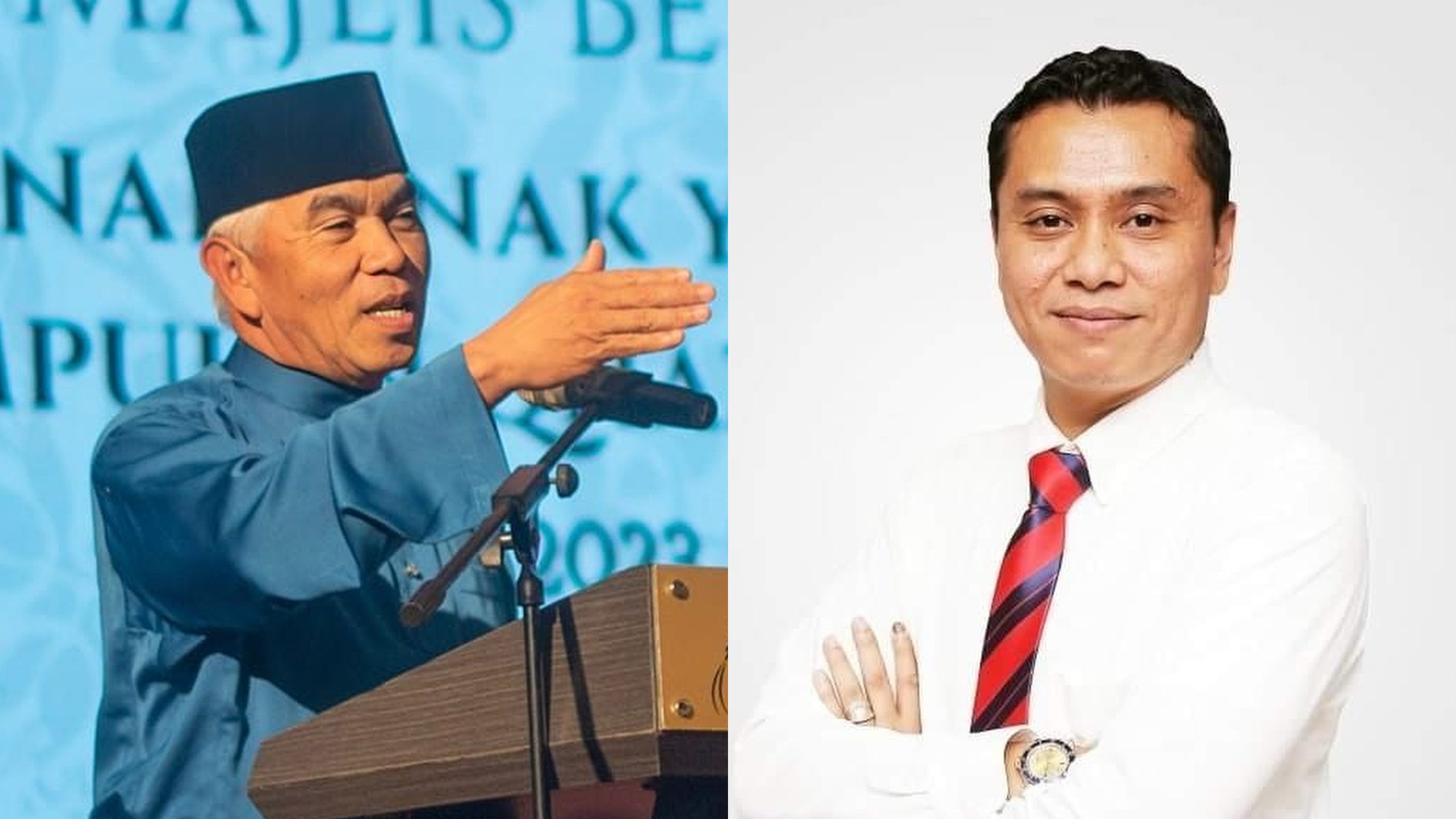Malaysian corruption scandal: Sabah lawmakers, whistle-blower plead not guilty
Assemblymen Yusof Yacob and Andi Suryady Bandy are charged with accepting bribes from businessman Albert Tei, who filmed their interactions

Two Malaysian state assemblymen and the businessman who accused them of corruption pleaded not guilty in court on Monday to charges linked to alleged bribes for a mining licence, in a high-profile case that has gripped the public since covert videos of the transactions surfaced online last year.
The case has added pressure on Sabah’s ruling coalition just months before an expected December election, fuelling concerns over the state’s persistent corruption problems and raising questions about political accountability in one of Malaysia’s poorest but most resource-rich regions.
Both assemblymen are members of the United Malays National Organisation, which is part of the ruling coalition.
Yusof Yacob was accused of accepting 200,000 ringgit (US$47,400) in cash on March 6, 2023, in exchange for helping to facilitate the approval of a mineral prospecting licence for Syarikat Nusa Kini. His counterpart, Andi Suryady Bandy, was charged with receiving 150,000 ringgit on May 12, 2023, to help Syarikat Sinaran Hayat obtain a similar licence.

Albert Tei Jiann Cheing is a partner in the two Sabah-based firms. Tei, the whistle-blower, was charged with offering the bribes.
All three pleaded not guilty before Sessions Court Judge Jason Juga. The two assemblymen were released on bail of 50,000 ringgit each, while Tei was granted bail of 60,000 ringgit for both offences. If convicted, they face up to 20 years in prison and fines not less than five times the value of the bribes.
The scandal went viral after Tei published videos via local news portal Malaysiakini in November showing the two assemblymen and other senior state politicians allegedly soliciting and accepting bribes. Those implicated denied wrongdoing, accusing Tei of releasing the videos out of revenge for not securing government contracts.
The Malaysian Anti-Corruption Commission (MACC) initially dismissed the videos as inadmissible because they had been edited and not directly surrendered to authorities, but it reopened the case following public uproar.
The MACC’s decision to charge Tei also raised another outcry, but the commission stood by its decision, with legal and prosecution senior director Wan Shaharuddin Wan Ladin saying that anyone involved in the offence they reported would not be eligible for whistle-blower protection.
“This is to preserve the integrity of the whistle-blower framework and prevent it from being misused as a ‘shield’ by those trying to escape accountability,” Wan Shaharuddin said on June 18.
On Sunday, Malaysiakini reported that a further six top state lawmakers could face charges over the scandal. Citing unnamed sources, it named former energy minister Maximus Ongkili, Sabah Deputy Chief Minister Jeffrey Kitingan, and other leaders from STAR and PBS, two parties in the ruling Sabah People’s Coalition (GRS).
Kitingan denied the allegations, calling them “a complete fabrication” and “an orchestrated attempt by desperate political actors to destabilise Sabah’s government”.
“I have never received any funds related to any mining application or scandal,” he said in a statement.
Public concern was reignited earlier this year when former chief minister Musa Aman, who faced allegations of receiving US$63 million in logging kickbacks, was appointed Sabah’s governor. Although the corruption charges against him were dropped in 2020, his return to high office has sparked renewed debate over political accountability and the message it sends about impunity for powerful figures.